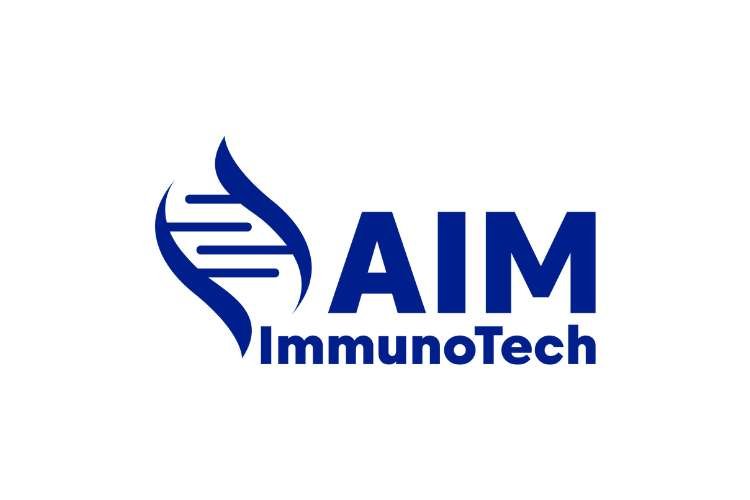In the ever-shifting landscape of corporate battles, AIM Immunotech finds itself once again on the front lines, grappling with a familiar challenge from the past. A year after quelling the rebellion of activist investors, the company stands yet again at the crossroads of ambition and dissent, as history repeats itself with at least one recognizable face from the previous uprising.
A trio of investors, comprising Ted Kellner, Todd Deutsch, and Robert Chioini, has once more cast the gauntlet, launching a lawsuit against AIM Immunotech. The cause of their discontent? Recent alterations to the company’s bylaws that have effectively foiled their pursuit of board seats. The trio, commanding a substantial 6.5% ownership stake in the company, unveiled their lawsuit on the 25th of August, sending shockwaves through the corporate corridors.
In a scathing letter that accompanies their legal salvo, the activists train their sights on none other than CEO Thomas Equels and two other board members. The crux of their critique hinges on the erosion of AIM’s value during their leadership tenure. When Equels took the helm in February 2016, the company’s stock price stood at a commendable $80 per share. However, that figure has since plummeted to below the $1 mark, a stark shift that underscores the turmoil they aim to address.
During Equels’s seven-plus year tenure as CEO, the AIM stock price has declined by more than 99% (on a split-adjusted basis). Since Equels, Mitchell and Appelrouth took control of the Board, the AIM stock price is also down 99%. To put it another way, if a stockholder invested $1,000 in AIM on the date Equels became CEO, that stockholder would have less than $10 today, close to a total loss.
Based on this track record, we do not believe that this Board can be trusted to oversee a successful clinical program through approvals and commercialization, the CEO said.
Yet, amidst this tumultuous landscape, there’s a pivotal thread that weaves through the narrative – the promise of Ampligen, a beacon of hope that AIM Immunotech is steering towards the fight against long COVID and its associated symptoms. This post-infection condition has cast its shadow over millions of Americans, prompting the federal government to commit over a billion dollars to further research potential treatments.
The latest chapter in this saga unfolds against the backdrop of AIM’s board unanimously invalidating the activists’ endeavor to nominate fresh faces to the board. The catalyst? The invocation of new bylaws, which, according to Equels, serve the purpose of enhancing transparency and illuminating the relationships between potential board members and their affiliations.
This, however, is far from a standalone occurrence. It’s a continuation of a prolonged drama where Equels, AIM’s board, and determined investors lock horns in a battle for control. The echoes of the past reverberate – a year ago, a distinct trio, including Robert Chioini, took center stage with a parallel lawsuit, seeking to upend existing board members. The Delaware court bore witness to the unfolding drama, as an injunction bid to delay the annual shareholder vote was put forth. Despite their efforts, the tides of fate did not sway in their favor, and their injunction was denied in October 2022.
Embedded within AIM’s defense against both the current and prior activist endeavors is a core belief – a belief that a larger coalition of motivated individuals is propelling these campaigns from behind the scenes. This nebulous network of influencers, shrouded in secrecy, adds layers of complexity to the unfolding narrative. The Delaware Chancery Court echoed this sentiment, alluding to a “web of individuals” orchestrating last year’s trio of nominations. The outcome of their deliberations? A verdict that there were unanswered questions, rendering Vice Chancellor Lori Will unable to rule in favor of Jorgl.
In the crucible of this ongoing saga, the intersection of power, ideals, and strategy unfolds. AIM Immunotech’s journey, defined by internal conflict and external challenges, serves as a microcosm of corporate dynamics at large. As the drama persists, as lawsuits are launched and rejections ensue, one thing remains certain – the battle for influence, identity, and the future direction of AIM Immunotech rages on, a saga that mirrors the larger tapestry of corporate aspirations and contestations.





























